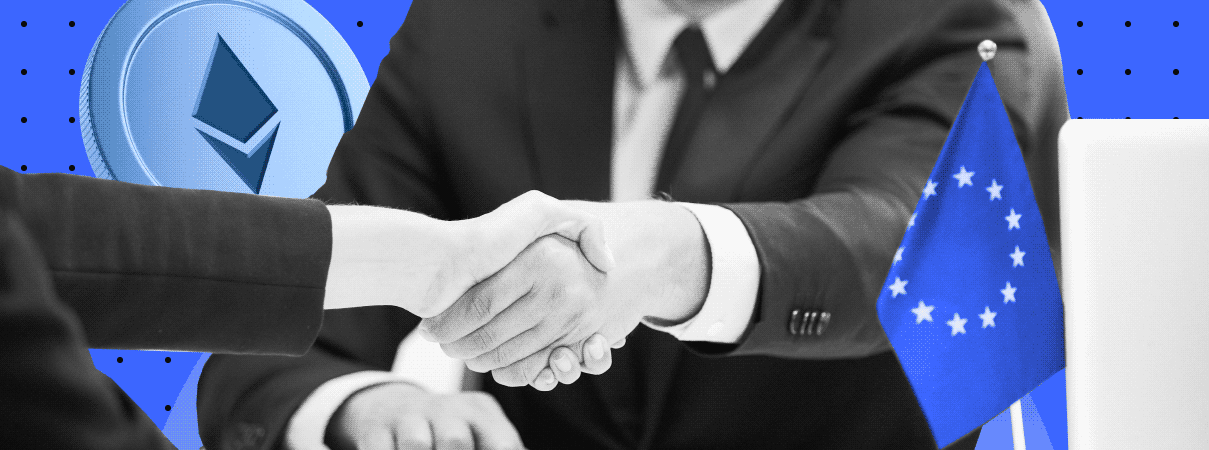The “global” cryptocurrency project Worldcoin (WDC) launched its blockchain network. The native token of the digital ID platform showed a two-fold growth immediately after the listing. However, the crypto community’s opinions on the project are divided. Many still have questions related to the centralization of the project and data privacy and security.

The team behind the collectively managed “global” crypto project Worldcoin announced that their blockchain network was up and running and block generation was underway.
Development and beta testing of the Worldcoin protocol took place on the Polygon network, but the project’s official launch was held on the Ethereum network using a scalable batching architecture via the Optimism layer 2 protocol. The native token of the WLD project has already been listed on Binance, Bybit, Huobi, OKX, Gate.io, and KuCoin.
The user must provide an iris scan using a specialized Orb hardware device to join the platform. This step is part of the Proof-of-Personhood algorithm, which is used as the digital World ID. The ID itself will be stored by the user on the mobile device, and thanks to ZKP technologies, World ID will allow for the necessary level of privacy.
According to CoinGecko data, WLD quotes rose by 51% in an hour after trading started on major crypto exchanges, and it reached its ATH of $3.30 in another hour, adding about 45% more to its value. During the day, the price of WLD didn’t fall below $2. As of 10:00 (GMT+3) on July 25, the token is trading at $2.03.
Yet, not all traders reacted positively to the token’s success. One of their main concerns is the limited amount of circulating coins compared to the asset’s total issuance. Worldcoin has a totally fuzzy market capitalization of over $20 billion, with only a little over 1% of the total supply currently in circulation. However, despite concerns about the price stability and long-term valuation of the token, WLD’s trading volume in the last 24 hours is over $613 million.
The launch of Worldcoin split the cryptocurrency community. On the one hand, users positively assessed the project’s level of security, which is provided by the digital World ID. On the other hand, many users raised concerns about ethical issues regarding the need to leave biometric data to participate in the project.
A debate has also emerged among crypto leaders regarding the launch of Worldcoin and its biometric identity verification capabilities.
Vitalik Buterin, Co-Founder of Ethereum, elaborated on the pros and cons of protocols based on Proof-of-Personhood. He said that Worldcoin and similar identification systems, such as Proof-of-Humanity, BrightID, Idenam, and Circles, could help distinguish people from machines in the era of active development of artificial intelligence (AI). According to Vitalik, such systems are a valuable solution to combat spam and will also help avoid the influence of centralized bodies. But he further emphasized that Worldcoin at the moment wasn’t ideal, and the project still had some unresolved issues that could negatively affect not only its development, but also the global spread of the possibility of confirming human identity through biometrics.
Comments from other crypto industry leaders were less positive. Twitter Co-Founder and Bitcoin supporter, Jack Dorsey, ironically referred to Worldcoin as “an attempt at global scale alignment.” There is also speculation that Worldcoin’s centralized structure and the amount of data it operates on could be a possible source of risk and vulnerability.
A few months ago, Worldcoin attracted additional funding for the project development of $115 million from various VC firms, including Blockchain Capital, Andreessen Horowitz, Bain Capital Crypto, and Distributed Global.









